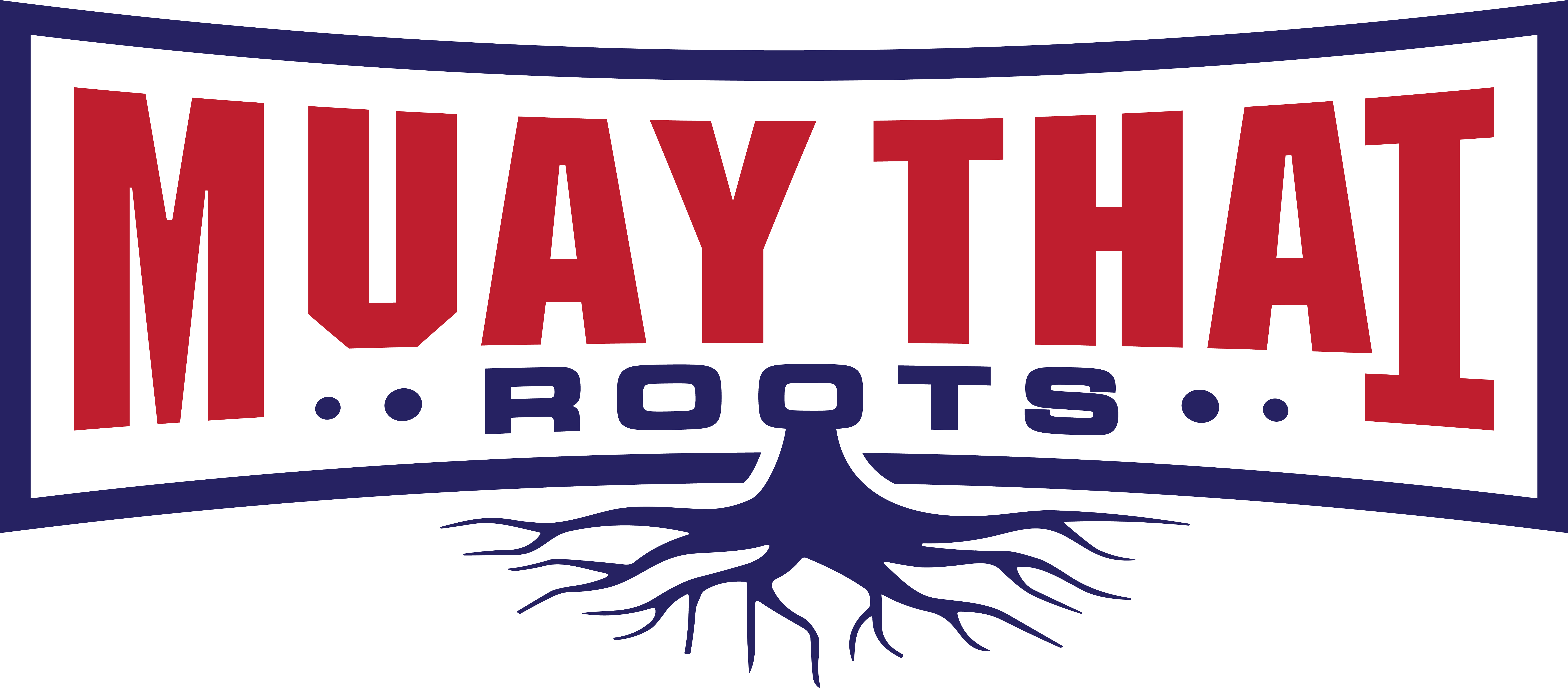In boxing, milliseconds matter. You can have power, technique, and cardio—but if you can't see punches coming or time your counters, you’ll always be one step behind. That’s where reaction time comes in.
Knowing how to train reaction time with boxing bag drills gives you the edge to strike quicker, defend smarter, and adapt in real-time. Best of all, you can do it with the gear already in your gym—no fancy tech required.
Let’s break down the drills, tools, and mindset needed to sharpen your reflexes on the heavy bag.
Why Reaction Time is a Fight-Changer
A punch you don’t see is the one that knocks you out. Reaction time isn’t just about dodging—it’s about reading your opponent and responding with precision.
Offense and Defense
Quick reactions allow you to:
-
Land counters while slipping
-
Time your punches before the opening closes
-
Defend and return fire instantly
Timing Beats Speed
Speed is great—but timing wins fights. Training reaction time helps you predict patterns and respond when it counts, not just move fast.
The Role of the Heavy Bag in Reflex Training
Most people view the bag as a punching target. But with the right mindset, it becomes a reaction trainer.
-
Predictable surface for solo practice
-
Dynamic options to blend combos and movements
-
Visual and physical feedback to correct form and timing
At Muaythairoots.com, we always tell fighters that the bag doesn’t move—but you do. And with the right drills, it becomes an interactive training partner.

(In this Photo: Fairtex BGV14-Red, Fairtex HB6 HEavy Bag)
Key Elements of Reaction-Based Drills
To train reaction time, you must introduce uncertainty and spontaneity.
Visual Triggers
Train your brain to fire based on what you see—simulate opponent movement with stance changes, hand drops, or coach gestures.
Audio Cues
Use a timer or a partner to call out commands mid-round. You won’t know what’s coming, which forces faster neural response.
Randomized Patterns
Avoid muscle memory traps. Change angles, punch sequences, or movement directions without pre-setting them.
Beginner Reaction Drills Using the Bag
1. Call-Out Combo Drill
-
Have a coach or partner call random combinations while you’re in motion
-
React instantly without pausing to think
-
Start slow, then build speed
2. Mirror Shadow Drill
-
Circle the bag and throw a punch only when you "see" your shadow mimic an opening
-
Helps your eyes and brain work in sync with movement
Both drills are simple but build the foundational reflexes you need.
Intermediate & Advanced Drills
1. Slip-Reaction Drill
-
Throw a 1-2
-
Visualize or simulate a return punch
-
Slip or roll immediately, then counter
2. Random Combo Drill
-
Set a timer at random intervals
-
Move around the bag until the beep, then fire any combo that comes to mind
-
Keeps your brain from falling into routine
3. Distance Change Combos
-
Step in with a jab
-
Step out quickly, then return with a different combo
-
Great for reaction-based range control
These drills force you to react, reset, and re-engage—just like you would in a fight.

Tools That Enhance Reaction Work on the Bag
While you can do all these drills with minimal gear, here are tools that help:
-
Interval Timer Apps: Set random beeps to cue action
-
Training Partners: Even watching their movement mid-round can simulate opponent patterns
-
Reflex Balls & Light Devices: Add visual randomness to your warm-ups before bag work
You can integrate these into rounds, or use them for 2–3 minutes before a heavy bag session.
Programming Reaction Time Rounds
Here’s a basic format to follow for a 3-minute round:
|
Minute |
Focus |
|
0:00–1:00 |
Footwork + Head Movement (No Punching) |
|
1:00–2:00 |
Spontaneous Combos After Audio Cues |
|
2:00–3:00 |
Add Defense → Reaction → Counter |
Repeat this round style for 3–5 rounds per session, 2–3x per week for results.
Mistakes That Slow Down Your Progress
Overpredicting
If you already know the combo, you’re not training reaction—you’re training memory.
Repetitive Drills
Doing the same 1-2 combo after a slip teaches rhythm, not reflex. Mix it up.
Ignoring Defense
Don’t just react offensively—train reactions to defensive situations like blocking, parrying, and moving.
What Fighters and Coaches Recommend
“The moment I stopped pre-loading combos, everything changed. Now I move around the bag, react to sounds, and throw what I feel. It’s like sparring without a partner.” – Nate, amateur boxer
“We cue drills with a timer. When it beeps, the fighter has to strike, slip, or step out—whatever they decide on the spot. This builds reactive muscle memory.” – Coach Dew, Muay Thai trainer
These aren’t gimmicks. They’re proven training techniques that develop fight-speed instincts.
FAQs
1. Can I improve reaction time solo?
Yes. Use timers, mirrors, and random movement patterns to simulate unpredictable scenarios.
2. How often should I train reaction drills?
2–3 times per week is ideal, integrated into your bag or shadowboxing sessions.
3. Do I need a coach for reaction work?
Not always. A partner helps, but timers and apps can simulate randomness well enough.
4. What’s better—speed drills or reaction drills?
Both matter. Reaction drills train your brain, while speed drills train your body. Use both together.
5. Can beginners benefit from reaction training?
Absolutely. It builds awareness and balance from day one.
6. How long before I see results?
Within a few weeks, you’ll notice sharper movement and quicker responses under pressure.
Conclusion: Train Your Mind, Not Just Your Hands
Improving your reaction time is one of the most powerful ways to elevate your fight game. It makes your strikes more effective, your defense tighter, and your presence in the ring more dangerous.
Use these boxing bag drills to train your brain, not just your body. Stay sharp, stay unpredictable, and train like you fight.
For more authentic training tips and fighter-tested techniques, visit MuayThaiRoots—your corner for true Muay Thai knowledge.





